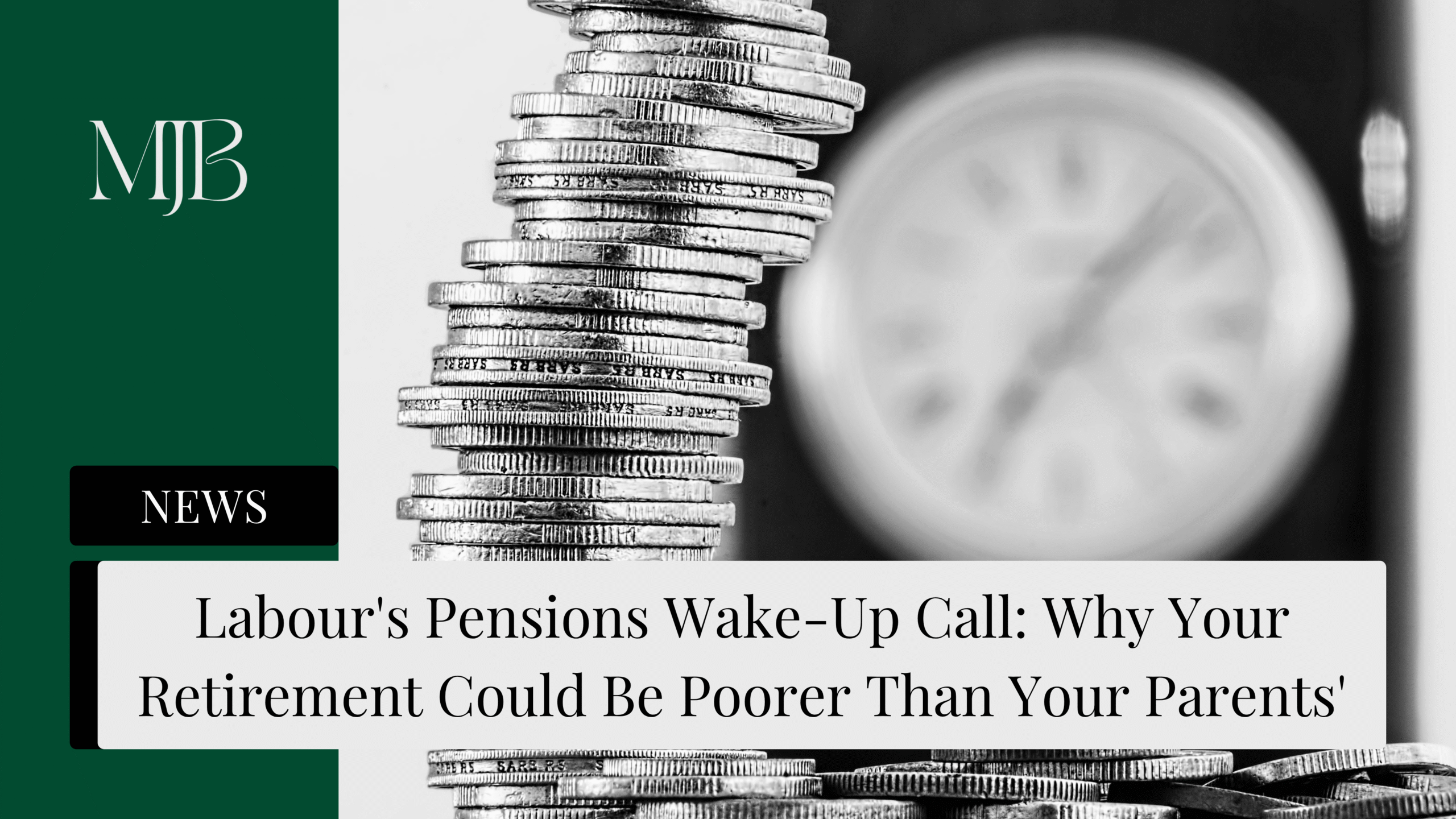Here’s a sobering thought: workers retiring in 2050 might pocket £800 less per year than today’s pensioners. That’s not a typo—it’s the reality check that’s pushed Labour to dust off the Pensions Commission for the first time since 2006.
With 45% of working-age adults contributing zilch to their pensions, Work and Pensions Secretary Liz Kendall has raised concern. The government’s bringing back the heavy hitters to tackle what’s becoming a retirement savings crisis.
The Undersaving Crisis: By the Numbers
The Department for Work and Pensions has crunched the data, and it’s pretty stark. Around 15 million people are undersaving for retirement—that’s roughly one in three workers not putting away enough for their golden years.
Who’s hit hardest? The usual suspects: self-employed workers (3 million saving nothing), low earners, and certain ethnic minorities. Only a quarter of low-paid private sector workers and people from Pakistani or Bangladeshi backgrounds are actively saving.
Women face an even steeper climb, with those approaching retirement set to receive barely half the income men can expect. The gender pensions gap isn’t just a buzzword—it’s a financial reality.
Auto-Enrolment’s Success Story
Remember when auto-enrolment launched? It was supposed to be the silver bullet. And credit where it’s due—eligible employee participation jumped from 55% in 2012 to 88% today.
But here’s the thing: getting people enrolled is only half the battle. The contribution levels aren’t keeping pace with what people actually need for a comfortable retirement.
The Commission’s Challenge
Baroness Jeannie Drake, who served on the original commission, is taking the wheel again. Her team has until 2027 to come up with solutions that’ll stretch beyond the next election—no small task.
Industry experts are already weighing in. Kate Smith from Aegon wants “bold, brave and possibly unpalatable recommendations,” including bumping up auto-enrolment contributions after 2029. Translation: we might all need to save more than we’d like.
The Trades Union Congress and CBI are on board too, which suggests there’s appetite for real change. Paul Nowak from the TUC states: “Far too many people won’t have enough pension for a decent retirement.”
Beyond the Pension Pot
This isn’t just about pension pots—it’s about living standards. As Rain Newton-Smith from the CBI points out, higher retirement income needs “higher growth, productivity and better savings.”
The commission will need to tackle thorny issues like housing costs, caring responsibilities, and how the labour market actually works. Because let’s face it—you can’t fix pensions in isolation.
Key Takeaways
The revived Pensions Commission faces a mountain of challenges, but there’s reason for cautious optimism. The original commission’s auto-enrolment success shows what’s possible when government, businesses, and unions work together.
Ready to take control of your retirement planning? Start by checking your current pension contributions and consider whether they’ll actually fund the lifestyle you want.
FAQ
Q1: What happened to the original Pensions Commission?
A: It wrapped up in 2006 after successfully recommending auto-enrolment. The new commission picks up where it left off, tackling the savings gaps that still exist.
Q2: Will the new commission force me to save more?
A: Nothing’s confirmed yet, but experts are pushing for higher auto-enrolment contributions after 2029. The commission reports in 2027, so any changes would take time to implement.
Q3: Why are self-employed people struggling with pensions?
A: They’re not automatically enrolled in workplace schemes and face irregular income. Around 3 million self-employed workers aren’t saving anything for retirement.
Q4: How big is the gender pensions gap?
A: Women approaching retirement can expect roughly half the pension income of men. This reflects career breaks, part-time work, and lower average earnings over their working lives.
Q5: When will we see actual changes to pensions?
A: The commission reports in 2027 with recommendations that extend beyond the next election. Real changes could take several more years to implement.
DISCLAIMER
Effective Date: 15th July 2025
The information provided on this website is for informational and educational purposes only and reflects the personal opinions of the author(s). It is not intended as financial, investment, tax, or legal advice.
We are not certified financial advisers. None of the content on this website constitutes a recommendation to buy, sell, or hold any financial product, asset, or service. You should not rely on any information provided here to make financial decisions.
We strongly recommend that you:
- Conduct your own research and due diligence
- Consult with a qualified financial adviser or professional before making any investment or financial decisions
While we strive to ensure that all information is accurate and up to date, we make no guarantees about the completeness, reliability, or suitability of any content on this site.
By using this website, you acknowledge and agree that we are not responsible for any financial loss, damage, or decisions made based on the content presented.






